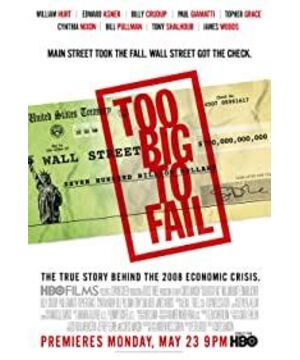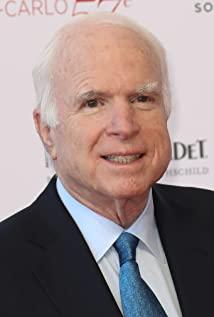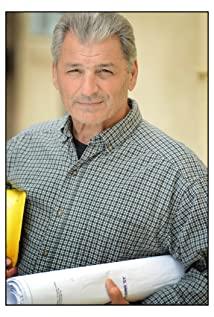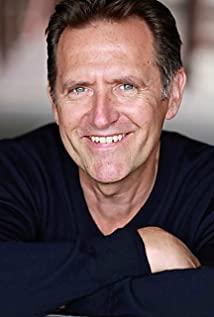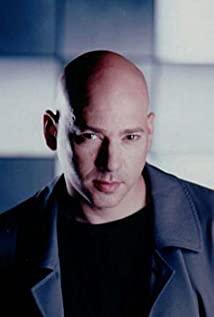The film focuses on how Treasury Secretary Paulson saves the financial system on the verge of collapse. The plot unfolds slowly from Lehman Brothers to bankruptcy step by step.
After watching the film, I understand why only Lehman among the five major investment banks on Wall Street failed. It turned out that there were generally three types of bailouts at that time: commercial bank bailouts, government bailouts, and external investor bailouts. At the beginning of the crisis, the troubled Bear Stearns was acquired by JPMorgan Chase, and then the government bailed out the two houses (Fannie Mae, Freddie Mac). When Lehman found the problem, so did other investment banks, and in the end Buffett rescued Goldman Sachs and Bank of America bought Merrill Lynch. As a result, the large commercial banks represented by Bank of America and JPMorgan Chase, as well as the external investors represented by Buffett, could no longer digest another investment bank; and the government also needed to bail out AIG, which was a bigger problem at the time. However, Lehman himself was too optimistic about the situation. He failed to grasp the last straw for Citigroup and Barclays, and could only end in tragedy.
View more about Too Big to Fail reviews


